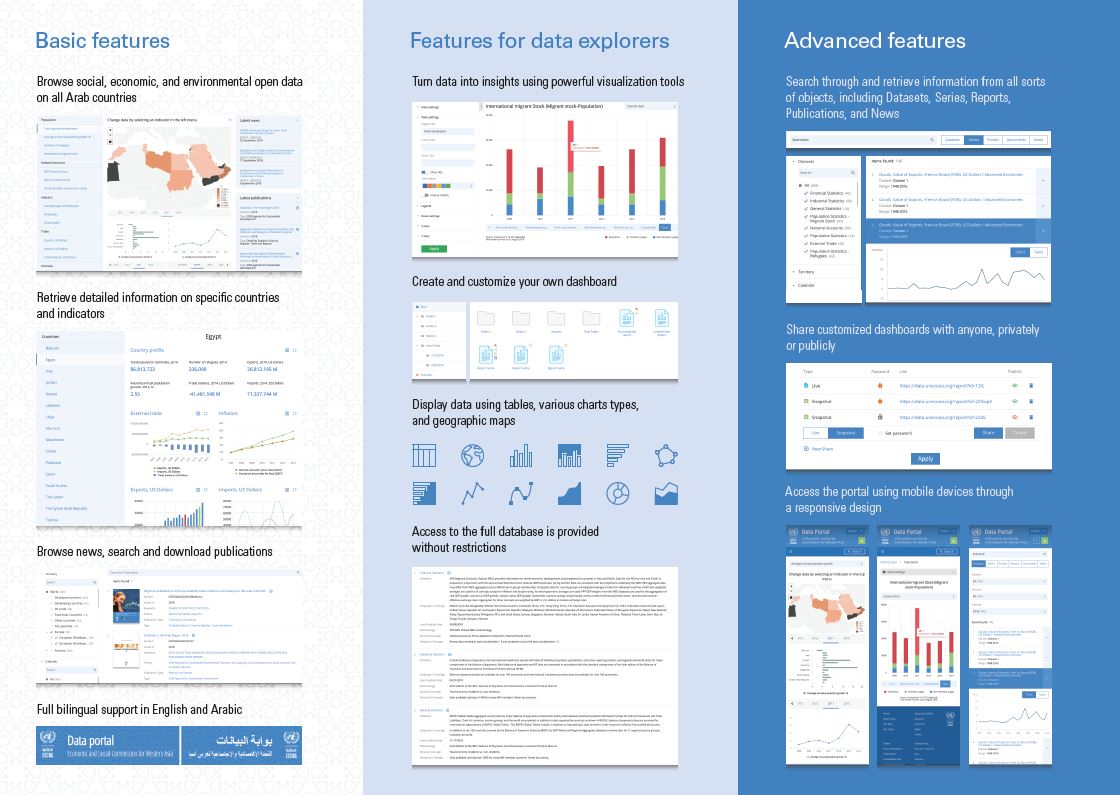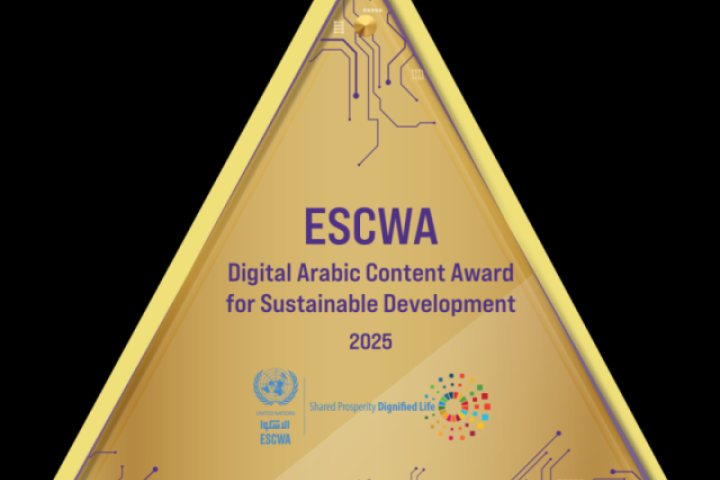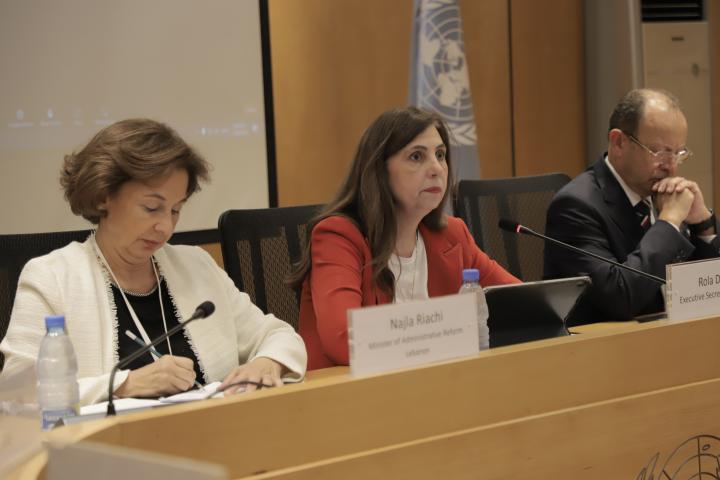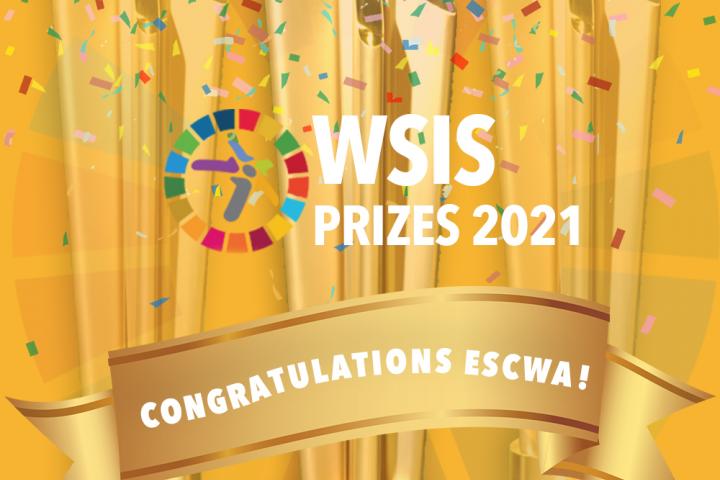The soft launch, held on the sidelines of the Forum, displayed all the main features of the UN-ESCWA Data Portal, in particular the data visualization tools. Once the portal goes live at the end of December, it will feature additional data sets and visualizations covering the Arab region.
The data portal’s innovative features are a first for the region as its interface as well as all indicators, related metadata, methodological notes, and methods of calculation are equally available in English and Arabic. The tool is also unique thanks to the data visualization feature which provides much-needed insights as opposed to displaying content in plain tables for users to construct their own visualizations and various graphical formats.
User-friendly and accessible via mobile devices such as smartphones or tablets, the portal allows users to search for data and indicators through a Google-like search engine in the two languages. They can access data online without any restrictions, analyze and visualize content, perform searches by countries, indicators, categories, etc., read news, download publications, and create their own data displays.
The portal fills a significant data gap as it provides a one-stop-shop for complete time series covering social, economic, and environmental indicators in the Arab region. These series include indicators collected directly from Arab National Statistical Offices (NSOs), which are then cleaned, validated, and prepared for dissemination. Updated on a regular basis, the portal will also use inputs from NSOs to complement content with data insights, aggregations, and data storytelling through visualizations.
While the UN-ESCWA Data Portal is intended for policymakers, statisticians, researchers, academia, regional and international organizations, and students, anyone interested in social, economic and environmental data in the Arab region can have access to it.
This soft launch event was just one of many that took place during the three-day forum, which featured over 85 sessions where many other innovative solutions to the data challenges of the 2030 Agenda for Sustainable Development were proposed and where new partnerships were formed.
*****
For more information:
Nabil Abu-Dargham +961-70-99 31 44; email: dargham@un.org
Ms Rania Harb: +96170008879 harb1@un.org
Ms Mirna Mahfouz: +961-70-827372 mahfouz@un.org




